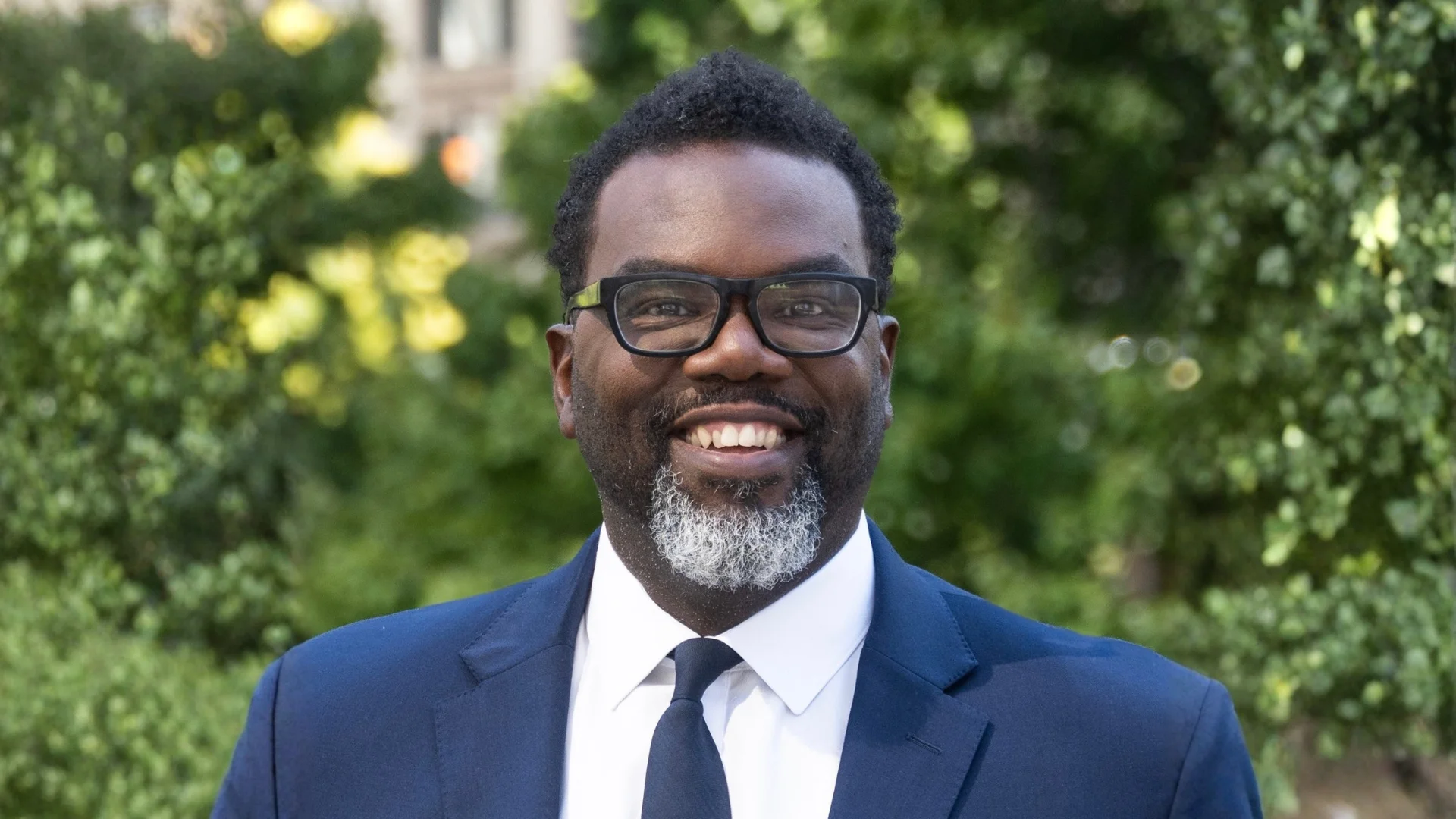Mayor Brandon Johnson has presented his 2026 budget proposal to the Chicago City Council, aiming to close the city's budget deficit without increasing property taxes or introducing new regressive fees. The plan introduces new taxes targeting large corporations, technology companies, and high-income earners in response to anticipated reductions in federal funding.
The proposed budget includes more than $200 million in cost reductions achieved through measures such as a targeted hiring freeze, consolidation of city real estate assets, contract savings with vendors, reduced police overtime expenses, and elimination of redundant technology contracts. These efforts are part of a multi-year initiative informed by recommendations from the Chicago Financial Futures Task Force and analysis by the Office of Budget and Management and EY.
A significant component of the budget is a Tax Increment Financing (TIF) surplus exceeding $1 billion—the largest in city history—which will provide financial relief to taxing districts across Cook County. This surplus is expected to benefit agencies including Chicago Public Schools, the Chicago Park District, and City Colleges of Chicago at a time when federal funding for community programs is being reduced.
The proposal does not include increases to property taxes. It also eliminates the grocery tax and reduces the motor vehicle lessor tax per rental period. New revenue measures include a "Yacht Tax" aligning boat-mooring rates with parking rates, an increased vacant building renewal fee, and higher taxes on large technology companies.
A notable element is the introduction of the Social Media Amusement & Responsibility Tax (SMART), which would require social media companies with over 100,000 active users in Chicago to pay $0.50 per user. This tax is projected to generate $31 million annually for expanded mental health services. The budget also shifts mental health funding into the city's main corporate fund to make it a permanent fixture of annual budgeting.
Additionally, a $100 million Community Safety Fund will be established for youth employment programs, domestic violence services, mental health support for first responders, and expansion of community violence intervention initiatives. Funding for these programs will come from a Community Safety Surcharge paid by the top 3% of large corporations operating in Chicago; small and medium-sized businesses are exempt.
The budget allocates resources to protect vulnerable populations including immigrants, LGBTQ+ residents, unhoused individuals, returning citizens, children, and seniors. Measures include increased investment in legal action against federal policies deemed harmful to city residents; additional funding for rapid rehousing programs; support for reentry job training tied to cannabis tax revenues; maintenance of LGBTQ+ Affairs programming; wage increases for early childhood professionals; enhanced senior center support; continued rebuilding of the Department of Environment; affordable housing initiatives; and infrastructure improvements on the West Side following recent floods.
Mayor Johnson stated: "This new tax, dubbed the Social Media Amusement & Responsibility Tax (SMART), asks large social media companies to pay their fair share to support expanded mental health care for all Chicagoans."
He added: "The Protecting Chicago Budget creates a new $100M Community Safety Fund to increase funding for youth diversion and employment programs, services for survivors of domestic violence and gender-based violence, mental health support for first responders, and one of the largest permanent Community Violence Intervention (CVI) programs of any city in the country."
Johnson emphasized: "The Protecting Chicago Budget strategically invests in resources and programs that protect Chicagoans’ Constitutional rights and mitigate the disruption posed by Trump administration cuts to essential programs."
The full overview of Mayor Johnson’s 2026 budget proposal can be accessed online.

